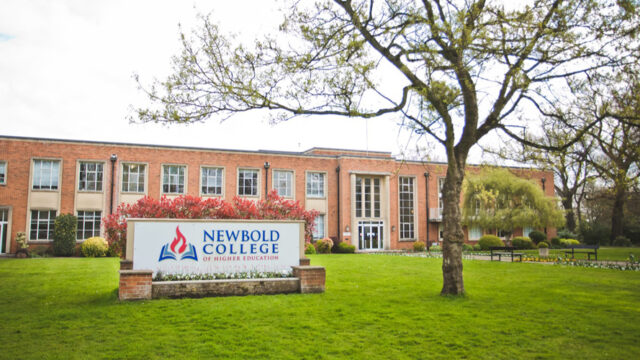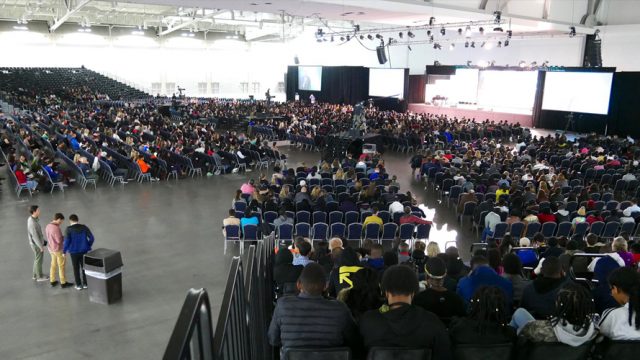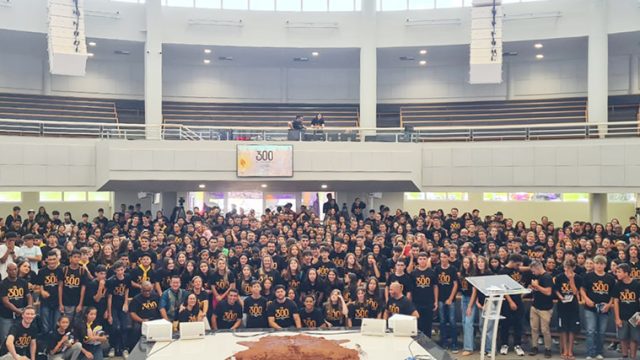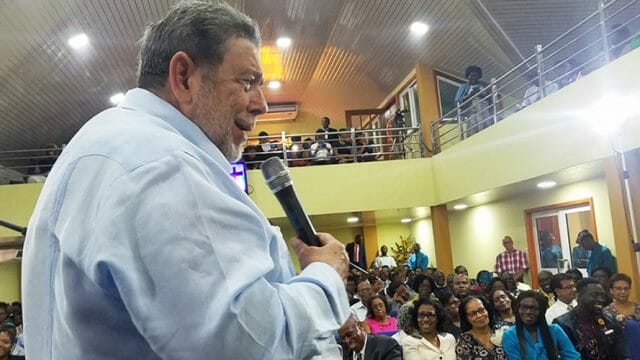How human rights reflect heavenly values
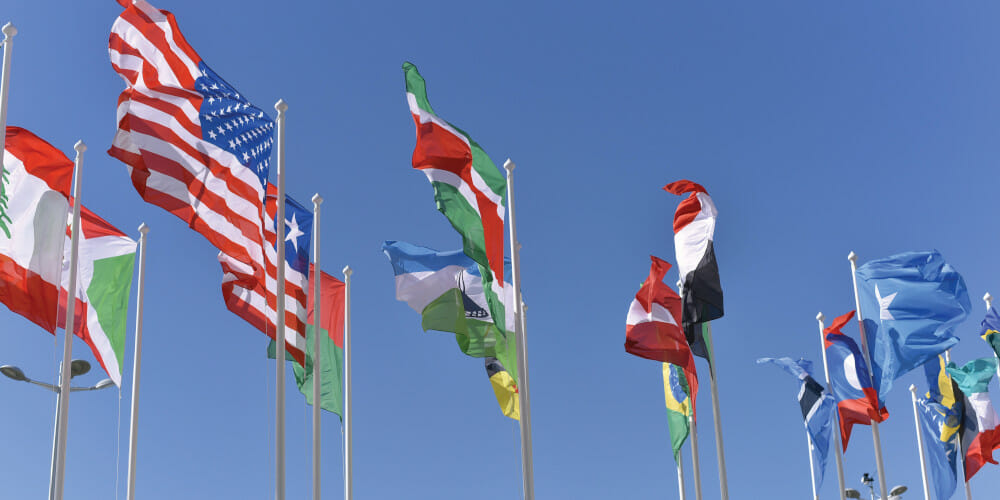
Seventy years ago the international community entered into a groundbreaking agreement to uphold a set of shared principles and values that would guide humanity as it moved into the future. Seven decades later that agreement—the Universal Declaration of Human Rights—has become an integral part of the international landscape. It has become an overarching expression of the various rights that nations must guard for their citizens to live full and dignified lives. Today the Universal Declaration can be read in an ever-growing number of languages and dialects—514 at last count—making it, according to the Guinness Book of World Records, the world’s most translated document.
The Universal Declaration has been called idealistic, and it certainly does take a comprehensive, wholistic view of human rights, encompassing a vast range of social, political, and economic values. Among its 30 articles is the right to equality before the law; the right to freedom from discrimination; the right to freedom of assembly; the right to work and education; and the right to freedom from arbitrary detention. It even includes the right to leisure and rest, and the right to take part in the cultural, artistic, and scientific life of one’s community.
In 2017, in an effort to emphasize the importance of the Declaration of Human Rights, the United Nations launched a yearlong public awareness campaign that culminated on December 10, 2018. Its goal was simple: to reacquaint the world with these foundational human rights. It has been an attempt, in an era when violence and repression still dominate the headlines, to underscore the urgent need for an agreed set of basic human rights norms.
Human Rights and Religious Liberty
As a person of faith, article 18 of the Universal Declaration holds special significance for me. It reads:
“Everyone has the right to freedom of thought, conscience, and religion; this right includes freedom to change his religion or belief, and freedom, either alone or in community with others and in public or private, to manifest his religion or belief in teaching, practice, worship, and observance.”
Although article 18 deals specifically with religious freedom, it is not an isolated, stand-alone human right. It is inextricably bound up with many other fundamental freedoms, such as the freedom of assembly, freedom of thought, freedom of speech, and so on.
As a Seventh-day Adventist I suggest that there is an earlier, even more fundamental expression of article 18. As I read the Bible I learn that we are all born free and equal; that all human beings are endowed with the spark of the divine by their Creator; that every man, woman, and child stands equal before God in value and dignity. Even more, Scripture teaches us that every person has the personal right—indeed, the obligation—to choose freely whether or not to worship God and follow His will.
What It Means
What does this mean for Adventists? What does it mean for me as I represent our church at the United Nations?
It means that we have a continuing responsibility to advocate for freedom of religion or belief for every person, regardless of nationality, background, or religious tradition, irrespective of whether we agree with their beliefs or not.
Most important, it means that we should defend this freedom, not just because it is a fundamental human right ratified by the international community. We must continue to promote freedom of religion or belief, first and foremost, because it reflects the loving character of our heavenly Father.


